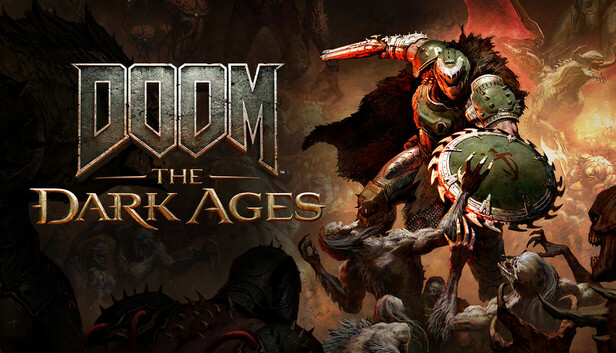Game data not found.
Story
Populous, developed by Bullfrog Productions and released in 1989, is widely regarded as one of the first god games, a genre that allows players to assume the role of a deity. The game’s narrative is minimalist, focusing less on a structured storyline and more on the player’s divine interventions within the world. The essential premise revolves around the eternal struggle between two opposing forces: the followers of the player and the rival faction led by another deity.
The player is entrusted with the divine responsibility of guiding their followers, known as the “People,” to prosperity and dominance over the enemy faction. The overarching goal is to increase the population of your followers while simultaneously diminishing the enemy’s influence. The game is divided into a series of levels, each representing a different world with unique challenges and environments. As the player progresses through these levels, they encounter increasingly complex scenarios that require strategic thinking and divine intervention.
Populous doesn’t offer a traditional narrative structure with characters and plot twists. Instead, it provides a sandbox-like environment where players create their own stories through their actions and decisions. This open-ended approach to storytelling was revolutionary at the time, allowing players to explore the consequences of their choices in a virtual world.
Gameplay
Populous is fundamentally a real-time strategy game that tasks players with managing and manipulating the environment to benefit their followers. The gameplay mechanics are centered around the player’s god-like abilities, which can be used to terraform the landscape, unleash natural disasters, and perform miracles.
Terraforming
One of the core mechanics in Populous is terraforming. Players can raise and lower the land to create habitable areas for their followers. This ability is crucial for expanding settlements, as flat land is required for building houses and increasing the population. Terraforming also plays a strategic role in hindering the enemy’s progress by creating obstacles or flooding their settlements.
Divine Powers
As a deity, the player has access to a variety of divine powers, which can be used to influence the outcome of the game. These powers include summoning natural disasters, such as earthquakes and floods, to disrupt enemy settlements. Players can also perform miracles to aid their followers, like healing or increasing their strength during battles. The use of these powers is limited by the player’s “mana,” which is generated by the faith and number of followers.
Strategic Depth
Despite its seemingly simple premise, Populous offers a deep and engaging strategic experience. Players must carefully balance the use of divine powers with the need to expand and protect their settlements. The game encourages experimentation and adaptation, as each level presents unique challenges and opportunities. The real-time nature of the gameplay adds an element of urgency, requiring players to think quickly and make strategic decisions on the fly.
Graphics and Sound
For a game released in 1989, Populous showcased impressive graphics and sound design that contributed to its immersive experience. The game’s isometric view provided a unique perspective on the world, allowing players to easily observe and interact with the environment. The pixel art style, though simple by today’s standards, was detailed enough to convey the different terrains and structures effectively.
The sound design in Populous complemented the gameplay beautifully. The game featured ambient sounds that enhanced the atmosphere, such as the gentle lapping of waves or the ominous rumble of an approaching earthquake. The sound effects for divine powers and environmental changes were distinct and satisfying, providing auditory feedback for the player’s actions.
Legacy and Reception
Populous received widespread critical acclaim upon its release and is often credited with pioneering the god game genre. It won numerous awards for its innovative gameplay and was praised for its open-ended approach to storytelling. The game was a commercial success, selling over four million copies worldwide and establishing Bullfrog Productions as a leading developer in the industry.
Populous’ influence extends far beyond its initial success. It laid the groundwork for future god games and inspired a new generation of developers to explore the possibilities of player-driven narratives and strategic gameplay. The game’s success led to the release of several sequels, including Populous II: Trials of the Olympian Gods and Populous: The Beginning, each building upon the original’s mechanics while introducing new elements and challenges.
In addition to its impact on game design, Populous has been recognized as a cultural milestone in the video game industry. It has been included in numerous “greatest games of all time” lists and continues to be referenced and studied by game designers and enthusiasts alike.
Conclusion
Populous stands as a testament to the power of innovation and creativity in game design. By allowing players to assume the role of a deity and shape the world according to their will, it introduced a new way of storytelling and gameplay that captivated audiences around the world. Its legacy is evident in the many games that have drawn inspiration from its mechanics and concepts, cementing its place in the pantheon of gaming history.
As a pioneer of the god game genre, Populous not only entertained millions but also challenged the conventional boundaries of what video games could achieve. Its impact is still felt today, as new generations of gamers and developers continue to explore the rich and dynamic worlds that Populous first brought to life.















